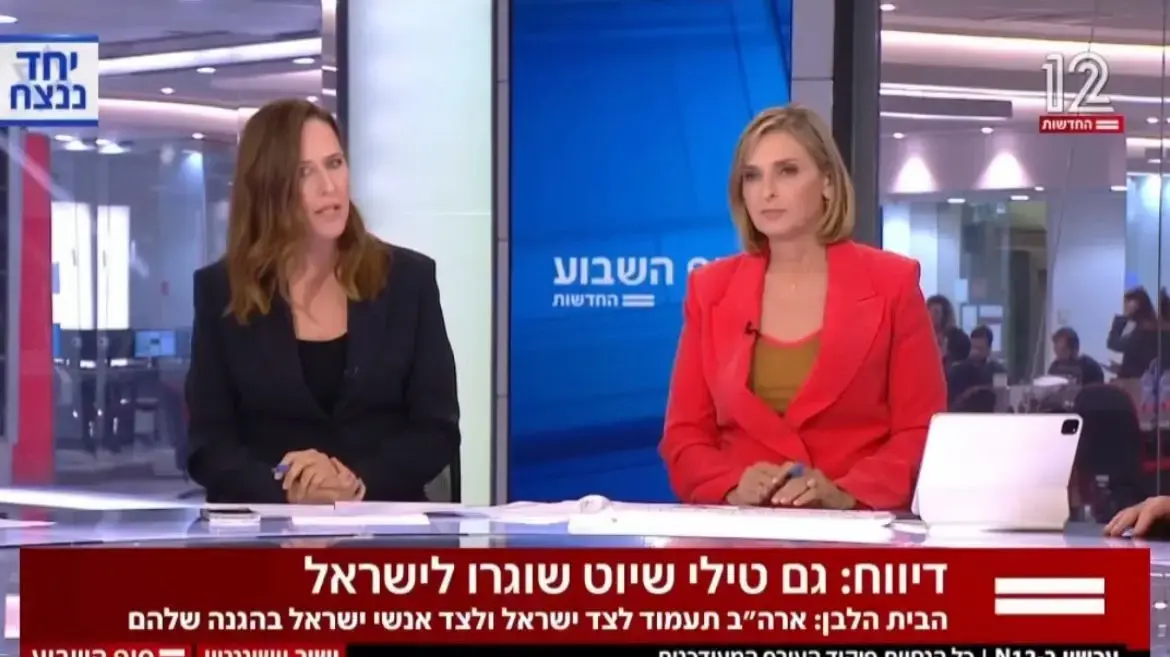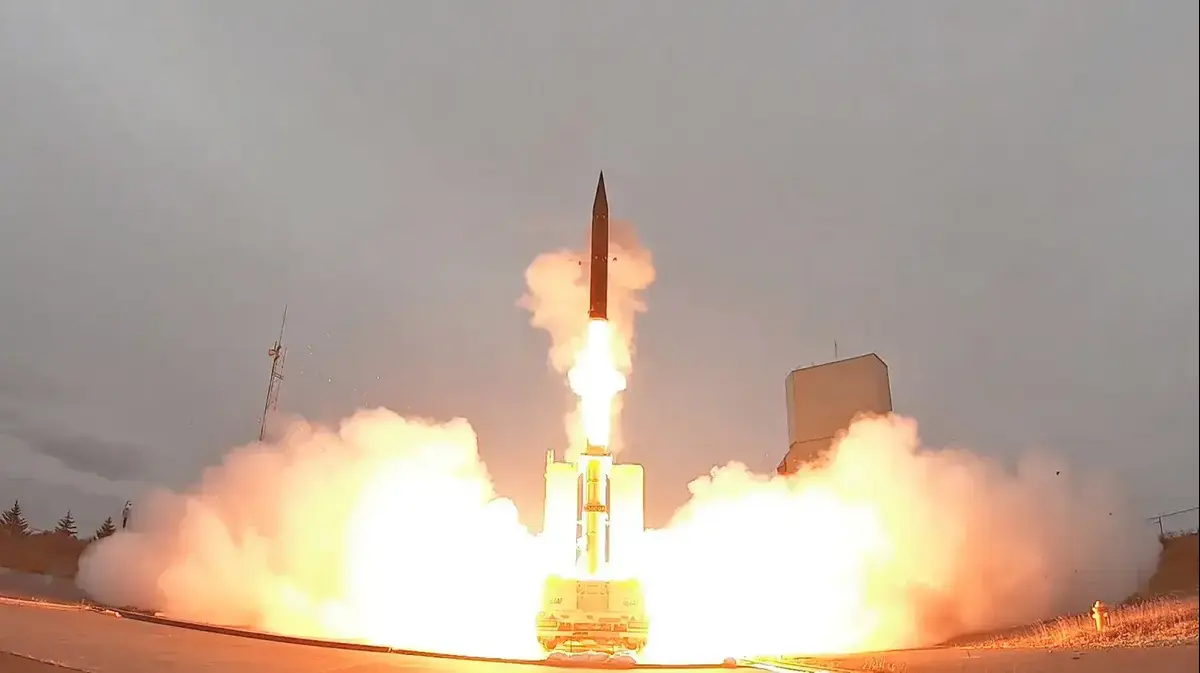Some argue that in recent years the IDF has suffered from "over-legalization," that is, that the intimidation of the State Attorney's Office and the judiciary restricts the freedom of action of top decision-makers, field commanders and soldiers themselves, and impairs their functioning when faced with complex operational challenges. This arises mainly in the context of the IDF's fighting in the terrorist organizations, which themselves are acting in blatant violation of the laws of war, deliberately harming civilians indiscriminately and finding hiding behind human defenders.
The truth is that fighting in armed terrorist organizations is also more complex legally compared to fighting between regular armies, and that applying the laws of war of international law to this type of fighting requires creative thinking. This is mainly because the other side does not consider itself committed to international law, and tries to leverage the asymmetry in the parties' commitment to the law in order to improve its ability to achieve its goals in combat.
However, the logic behind the laws of war also applies in confrontations with terrorist elements.
Thus, the IDF implements in its activities its four main principles - the principle of necessity, which means that the use of military force is done only when there is a military purpose for it, and at its center is the protection of the state and its citizens and the submission of the enemy; , In which an attack is carried out while distinguishing between military targets and fighters, and between civilian and civilian objects;
Unlike the erroneous way in which the rules of international law are perceived by some critics, the laws of war recognize the need for states to fight and defend themselves - even in the face of terrorist organizations - and seek to prevent or reduce damage that is not militarily necessary.
The moral advantage is also a weapon
The IDF adheres to these principles; not only because it establishes its ability to defend itself against lawsuits in international criminal courts and other foreign courts, and not only because of the need for international legitimacy for the use of force, which also directly affects the ability to import appropriate weapons. This is done, first and foremost, because the laws of war are in line with our rules of morality, from which also derives the commitment of the IDF, as an army in a democratic state, to the rule of law.
Warriors in training (archive photo, the photographers have nothing to do with the news), Photo: IDF Spokesman
It is possible to argue that in a given situation, non-compliance with the laws of war may achieve more significant gains in the fight against terrorism and strengthen deterrence, and reduce the risk to Israel in the short term;
But the price is high and unbearable: an unnecessary injury to the uninvolved, and especially to our ability as a people to look in the mirror.
Precisely the moral advantage is a significant multiplier of Israel's power over time.
Mistakes happen and will happen
In the fight against Palestinian terrorism, and especially in the rounds of fighting in Gaza, the IDF is proving to apply the values of morality and the rule of law in a most impressive way, which certainly does not fall short of other Western armies. , Human shields.
The head of UNRWA in the Gaza Strip, who admired the IDF's accurate fire during Operation Wall Guard, angered Hamas and was forced to resign.
Even in the fight against Hezbollah in Lebanon, which has turned countless civilian structures into combatants (missile depot, observation facility or headquarters), the law allows the IDF to act in accordance with the military need. The number of uninvolved casualties may be much greater, Methods for reducing incidental damage relevant to Gaza are not applicable in Lebanon, and this in itself does not indicate a violation of the law.
IDF attack in Gaza during Operation Wall Guard, Photo: AFP
The application of martial law in each and every case is a human action that needs to be done over and over again according to the context.
If there is a suspicion of knowingly or intentionally deviating from the law, it is important to investigate without bias.
On the other hand, in combat, errors and mishaps can occur, of course, which even cause unintentional harm to the civilians of the other side.
Sometimes there are mistakes that stem precisely from an underestimation of the military need and extreme caution.
This is the case, for example, in an incident in which the late Sgt.
In any case, the application of the martial law to combat terrorist organizations is nothing new.
The legal advisers have been involved in the Israeli fight against terrorism for decades, and even if their mode of involvement changes over time, they have basically been, and still should be, part of the process, and advising.
This is accepted by all Western armies, and this is desirable.
The final decision is up to the commanders, and it should take into account the legal advice.
The alarming ease
In this context, two of the challenges we have been facing in recent years.
One is the continuous refinement of the enemy's course of action.
This, among other things, is through the activation of organizations that present themselves as human rights organizations, but in practice, some are branches of terrorist organizations (for example, some of the organizations that Israel has recently declared terrorist organizations affiliated with the Popular Front), and others that operate under clear anti-Israel motives.
The second challenge is the ease with which the enemy is enabled to mobilize the new media and part of the institutionalized media to advance its goals, chief among them the defamation of Israel and the undermining of its legitimacy.
For years, far-left elements in the world have been mobilizing to defame Israel and investing heavily in it, including taking advantage of the new reality in which spaces of friction are saturated with means of documentation that can be used manipulatively.
The international system, driven by political considerations, largely reconciles with the dual morality expressed by this asymmetry.
While Israel is being demanded to meet strict standards, and the former prosecutor at the International Criminal Court in The Hague has decided to open an investigation against it, no one really expects the Palestinians to comply with any rules of war, even though the investigation in The Hague also deals with Hamas' war crimes.
Moreover, according to the Palestinian narrative, the struggle against Zionism justifies any kind of struggle, including terrorism.
And although the Palestinian Authority pays decent salaries to terrorists, it is seen as a legitimate interlocutor.
The IDF must continue to act in accordance with the law, but at the same time, Israel must recognize the vitality of improving its capabilities to fight public opinion in the West, precisely while emphasizing our morality and our firm commitment to justice - in order to expand IDF freedom of action and restrict freedom of action. Our enemies.
The author is a senior researcher at the Jerusalem Center for Public and State Affairs, former head of the Research Division at the Israel Defense Forces
Were we wrong?
Fixed!
If you found an error in the article, we'll be happy for you to share it with us















